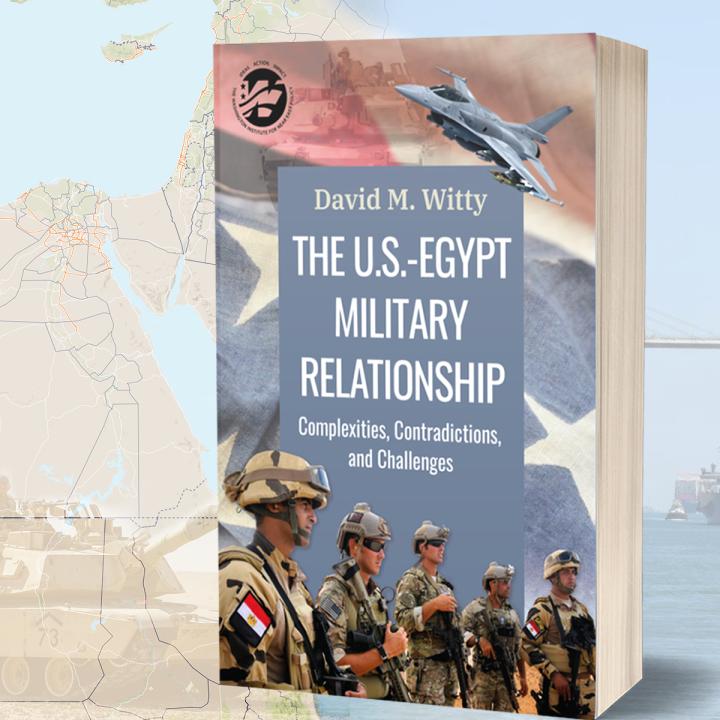
- Policy Analysis
- Policy Focus 176
The U.S.-Egypt Military Relationship: Complexities, Contradictions, and Challenges

Shared security interests, such as maintaining and expanding Arab-Israel peace efforts, can serve as the foundation of future ties.
Since the Egypt-Israel peace treaty was signed in 1979, Washington has given Cairo more than $50 billion in military grant aid. But a strong military relationship has raised as many questions as it has answered: about the ethics of working with an increasingly harsh authoritarian government; about the partnership’s success in achieving American interests in the region; about the Egyptian military’s willingness to reform; and about whether conditioned aid can spur political change. Correspondingly, the post–Arab Spring years have seen rough patches, caused by U.S. limitations on military aid following the 2013 overthrow of Mohamed Morsi, America’s chafing at Egyptian human rights abuses, and Cairo’s eventual turn toward less restrictive partners such as Moscow and Paris for military supplies.
“This is a work of profound scholarship on one of the most secretive militaries in the Middle East, the Egyptian Armed Forces. It brings to life in exquisite detail the EAF’s threat perceptions, its dominant role in Egyptian society, the enormous business enterprise it commands, and its complex relationship with the United States.”
In this comprehensive Policy Focus, David M. Witty—a retired U.S. Army Special Forces colonel and foreign area officer—probes the complexities of the U.S.-Egypt military rapport before proposing that Washington base its future ties on shared security interests, including Arab-Israel peace efforts, negotiation of ceasefires between Israel and the Palestinians, and permission for U.S. military transit of Egyptian waterways and airspace.
For an enhanced reading experience, click here.


